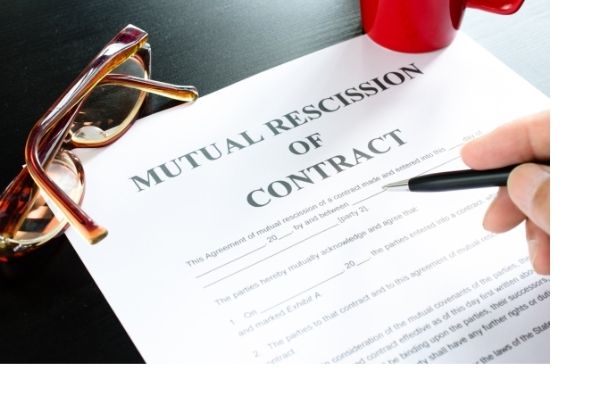Understanding Unfair and Deceptive Trade Practices
Sometimes in dealing with another person or another business they do something wrong or unfairly. But not all seemingly unfair actions fall into unfair trade practices. In fact, very few do. The law holds that generally people should not be punished for having had an advantage when entering into an agreement. But when someone has acted in a way that is deceptive, that is illegal, and that person can be sued. To establish a claim for unfair and deceptive trade practices, a plaintiff must show that the (1) defendant committed an unfair or deceptive act or practice, (2) the action in question was in or affecting commerce, and (3) the act proximately caused injury to the plaintiff.
What Counts as an Unfair or Deceptive Act?
But what does that mean? The first requirement seems to be redundant, to commit an unfair trade practice, one must commit an unfair trade practice. North Carolina courts have discussed at length what this means. Essentially, to satisfy the first requirement, a party must show that he or she was either mislead by statements the bad party made or those statements could have been misleading. Additionally, if the bad party maliciously lies or otherwise intentionally deceives this also qualifies.
Commerce Must Be Involved
The second requirement is much simpler. The agreement must in someway affect commerce. All this means is that the deception involved some form of money or other property exchange. For example, paying a painter to paint your house is an action affecting commerce. Even if it is you paying your neighbor to paint your shed, that is an action affecting commerce.
Injury Must Be Proven
Third, a person must show that they were injured by the deception. The injury does not have to be physical; it can be psychological or financial. For example, the NC Court of Appeals stated that losing the ability to use a specific property is an injury for the purposes of deceptive trade practices.
Remedies for Victims of Unfair Trade Practices
A party who is injured by unfair or deceptive acts is entitled to recover damages from the wrongdoer. A party may also be entitled to rescission based on unfair trade practice. Rescinding a contract is not just an ending of the contract as is. It is making it as if the contract had never been entered into and restoring the parties as they were prior to entering into the contract.
Contact King Law for Guidance
The lawyers at King Law can help you get a better sense of where you stand. We invite you to come in and talk with one of our attorneys on the phone or in-person during a consultation. King Law has offices in western North Carolina and upstate South Carolina conveniently located to serve you. Call 888-748-KING (5464) or visit our website to request a consultation.

